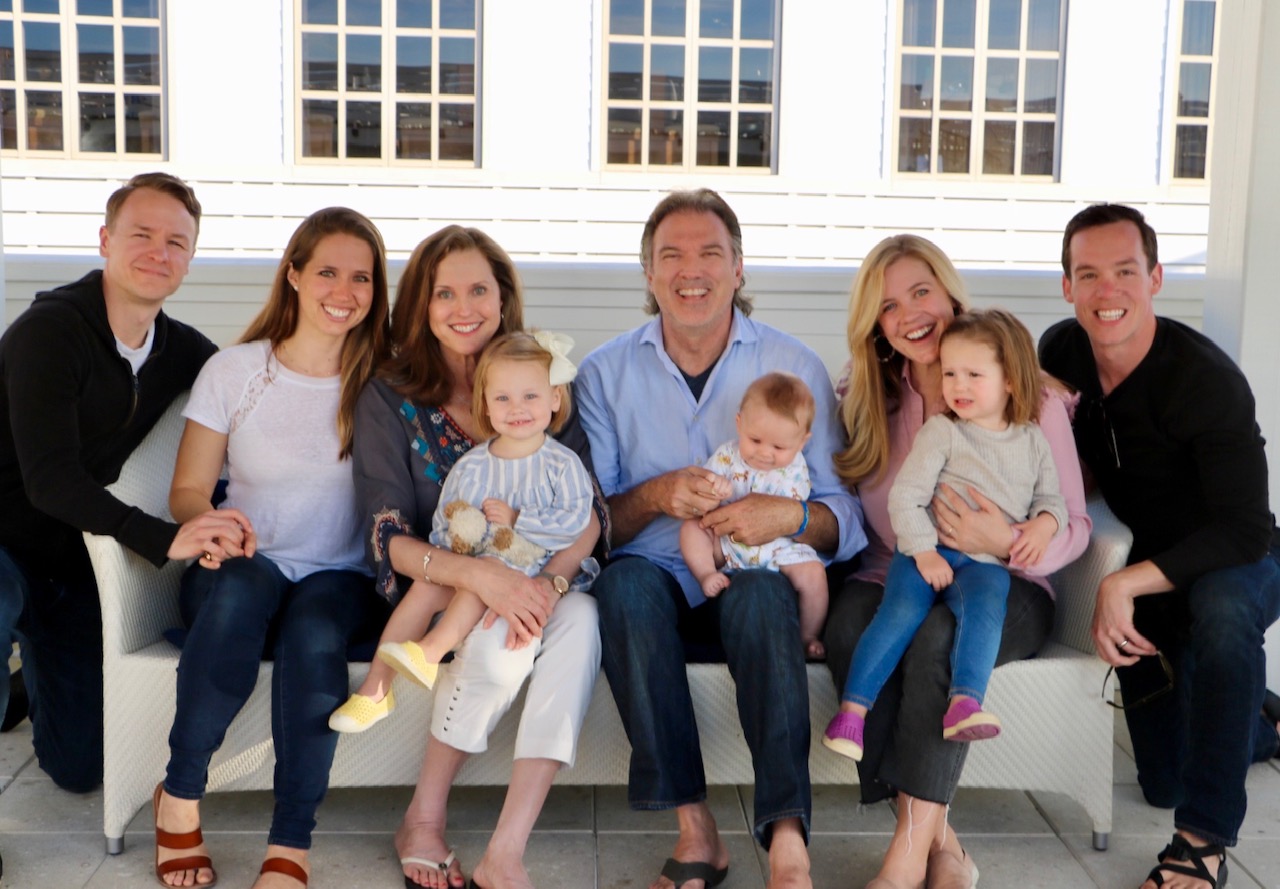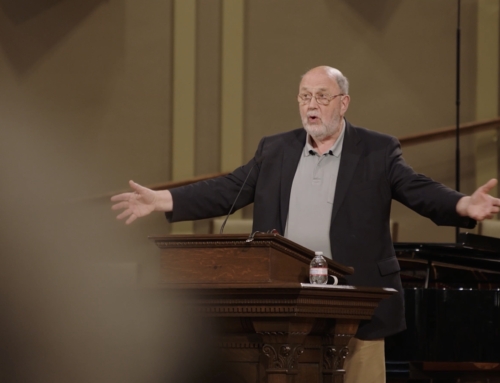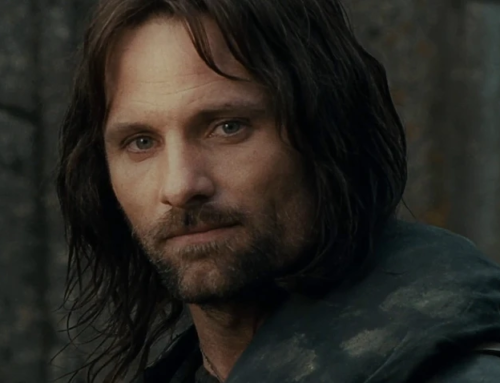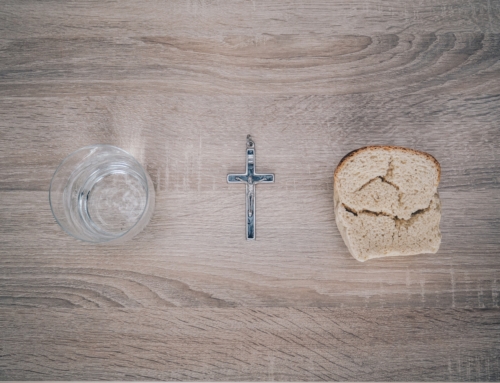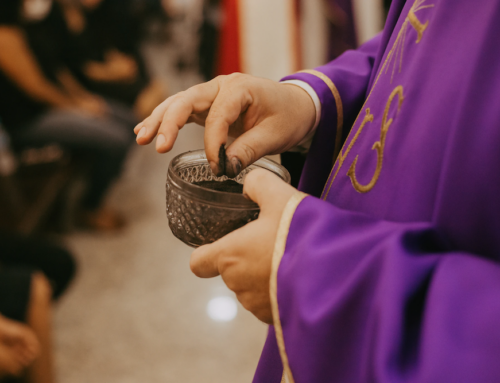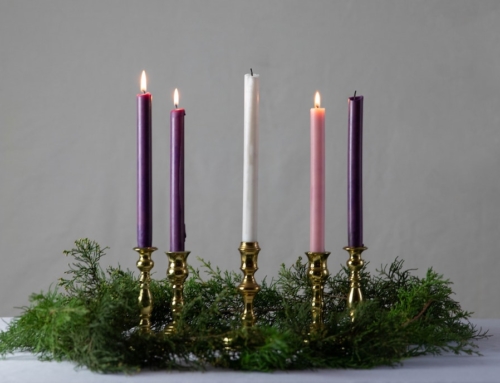When I arrived at the University of Texas at Austin for my freshman year in college, I was full of hope, eager to explore the world of ideas on my own. My mother was a Jewish refugee from Nazi Germany, but my parents had divorced when I was in first grade and I was raised mostly by my father, whose philosophy of life was a mix of Ayn Rand and Christian Science. In our family, that meant only the strong survived, and that pain and suffering were illusions to be denied.
Every day in college, I walked to class under the shadow of a tower inscribed with one of Jesus’ most famous quotes: “Ye shall know the truth and the truth shall set you free.”
Truth was everything to me. As a college student, my search for it led to faith in Christ, through a campus ministry that taught me how to become a disciple of Jesus. By my senior year in college, my new Christian identity was shaping everything from who I dated to how I engaged with the culture to what college major and life career I’d choose. My father was so disturbed by the dramatic shift in my worldview that he insisted I see a psychiatrist. But the six hour “deprogramming” session only deepened my commitment to Jesus as the way, the truth and the life.
These were the 1970’s, during the Jesus movement. Dispensationalism was in and Hal Lindsey’s “The Late Great Planet Earth” sat on countless nightstands. Like most of my friends, I’d signed onto the view that God acts uniquely in distinct historical ages. From college, I went to work and study at Lindsey’s alma mater, Dallas Theological Seminary. I dove deeper into the belief that one day, before the great tribulation, Jesus would return to earth in the Rapture, rescue us from a godless, fallen world, and take us to heaven.
Until then, Christians were to follow Jesus, building their homes and raising their families on a sinking ship (earth) hijacked by Satan. The best thing we could do for others was to keep them from drowning as the ship went under.
For the next twenty-five years I lived out my vocation as a broadcast journalist, married to a godly man who shared my beliefs and values. We raised our daughters in the suburbs, supported and surrounded by a loving Christian community.
I thought my husband, Mark, was more spiritual than I was when on our long evening walks he’d sometimes say he couldn’t wait to get to heaven. He’d quote the Apostle Paul’s “For to me, to live is Christ and to die is gain.” I felt guilty for loving this world too much. There was still so much I was looking forward to doing and exploring.
Unlike Mark, however, I hadn’t struggled for years with episodes of depression so dark that thoughts of leaving this life were a form of relief. In 2008, after a perfect storm of personal and professional setbacks, Mark decided he’d suffered long enough on the sinking ship, and he took his own life. He’d lost all hope.
That’s when my life came undone. My husband was dead, my daughters were grown, and for the first time in decades, I was alone. My most cherished identities as wife and mother had vaporized.
Grief sent me into a tunnel of darkness. I didn’t blame or resent God for not preventing the tragedy, but He seemed mysterious and distant to me now. I repeated Job’s words, “Though He slay me, yet will I trust Him,” but I struggled to believe God had anything meaningful left for me in this world.
For several years after Mark’s suicide I floundered, with little regard for my life. My very existence became a trial to manage until I too could get to heaven. I moved to a new city, attempted a new love relationship, and closed down my career. I traveled, dabbled in hobbies, and began sipping scotch at night.
Before long, I began to understand why Mark felt he’d rather be in heaven than on earth, and that scared me. It wasn’t that I was suicidal. I just wished I could fast forward to the good stuff in heaven.
About that time a friend gave me N.T. Wright’s “Surprised by Hope.” I trusted his scholarship, admired his faith, and needed some hope. So I read every page of the book. By the end, my understanding of life and death had been turned upside down.
For the first time since Mark’s death, hope came close. Stunned, and with a sense of wonder, I allowed myself to ask, “You mean this broken world will be restored to what God intended in the Garden of Eden? Every day that I wake up alive, I’ll partner with God to help bring heaven to earth?
If this was really true, I had good reason to wake up each morning with purpose. Almost overnight, I began to believe and act as though my life here and now mattered, even if I didn’t yet know quite how. I began trusting God to lead and use me in His magnificent rescue plan on earth. Every child I tutored, every friend I encouraged, every choice I made to reflect God’s truth became an act of standing in the gap between heaven and earth. I sensed a calling, as N.T. Wright puts it, to exercise gentle authority on God’s behalf over the bits of the world He had entrusted to me.
Even as I share my painful journey with you, I recognize that the denial and shame I learned as a child to feel in the face of suffering and brokenness is gone. Now I trust that God will even use the telling of this dark chapter of my life to help transform a world He loves into the place he always intended for it to be. This is a great paradox of resurrection life…and it’s a truth worth waking up for.
Peggy Wehmeyer
Latest posts by Peggy Wehmeyer (see all)
- ‘Surprised by Hope’ after Suicide and Darkness - March 18, 2021


